Concerns about the security and privacy of personal information are more prevalent than ever. This is especially true when it comes to our medical data, which contains some of our most sensitive and personal information. Fortunately, there are laws in place to safeguard this data, with one of the most important being the Health Insurance Portability and Accountability Act (HIPAA). Let’s explore how HIPAA protects your data when you interact with a medical office, including the often-overlooked aspect of phone call privacy.
H2: What is HIPAA?
HIPAA, which stands for the Health Insurance Portability and Accountability Act, was enacted by the U.S. Congress in 1996. Its primary goal is to protect the privacy and security of individuals’ medical information. HIPAA sets strict standards and guidelines for the handling of personal health information (PHI) by healthcare providers, health plans, and healthcare clearinghouses. This means that any entity that deals with your medical information must adhere to HIPAA regulations, and failure to do so can result in significant penalties.
H2: Protected Health Information (PHI)
To understand how HIPAA protects your data, it’s crucial to know what constitutes Protected Health Information (PHI). PHI includes any information that can identify an individual and relates to their past, present, or future physical or mental health condition, healthcare provision, or payment for healthcare services. Some common examples of PHI include medical records, billing information, insurance details, and even your conversations with healthcare professionals.
H2: Protecting Your Phone Calls
While we often associate HIPAA with the security of electronic health records (EHRs) and paper records, it also extends its protection to other forms of communication, including phone calls. When you interact with a medical office over the phone, HIPAA ensures that your conversations are kept private and secure.
Many medical offices rely on outside answering services to answer patient calls for several compelling reasons. These external services play an important role in maintaining efficient and effective communication between healthcare providers and their patients while ensuring HIPAA compliance and patient data protection. By partnering with a reputable medical answering service, healthcare providers aim to address your concerns about privacy, ensuring that your sensitive medical information is handled with the utmost care and protection throughout your patient journey.
H3: Here’s how HIPAA protects your phone calls:
- Secure Communication: Healthcare providers are required to take measures to ensure the confidentiality of phone calls that involve PHI. This may include using secure phone lines or taking steps to authenticate your identity before discussing sensitive information.
- Written Authorization: Before sharing PHI over the phone, healthcare providers typically require your written authorization. This ensures that you have given explicit consent for the disclosure of your information during the call.
- Training and Compliance: Healthcare professionals and their staff receive training on HIPAA regulations, including the proper handling of phone calls. This ensures that everyone involved is aware of their responsibilities in safeguarding your data.
H2: Your Role in Protecting Your Data
While HIPAA provides essential protections for your medical data, it’s essential to play an active role in safeguarding your information as well. Here are some steps you can take:
- Secure Communication: When communicating with your medical office over the phone, be cautious about discussing sensitive information in public places where others can overhear.
- Protect Your Personal Devices: Ensure that your smartphone and other devices you use to communicate with your medical office are secure, with PINs, passwords, or biometric authentication.
- Report Concerns: If you believe your PHI has been mishandled or you have concerns about your data’s privacy and security, report it to your healthcare provider and, if necessary, the Department of Health and Human Services (HHS).
HIPAA plays a crucial role in safeguarding your medical data when you interact with a medical office. Whether it’s protecting your electronic health records or ensuring the confidentiality of phone calls, HIPAA sets the standards for the responsible handling of your PHI. By staying informed and taking an active role in protecting your data, you can help maintain the privacy and security of your personal health information. Your privacy matters, and HIPAA is there to ensure it’s respected in every interaction with your healthcare provider.
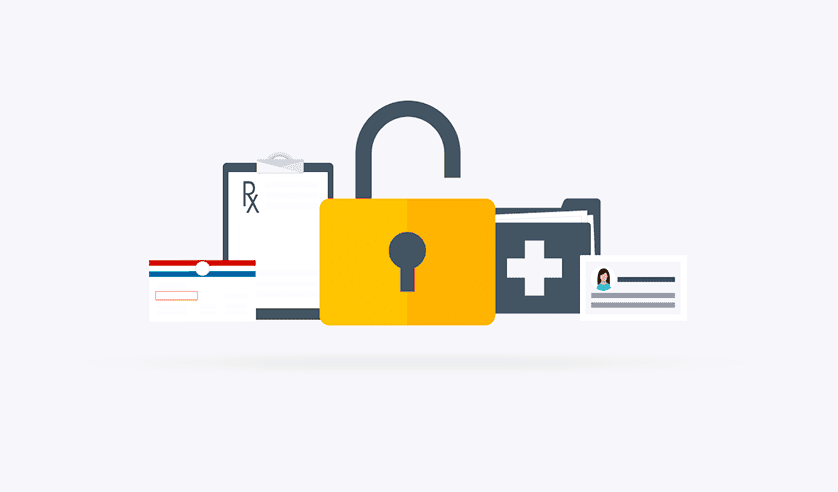


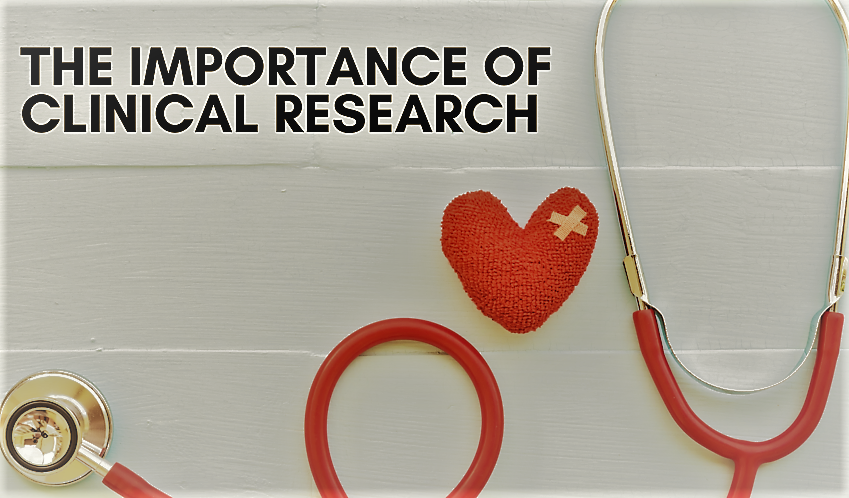
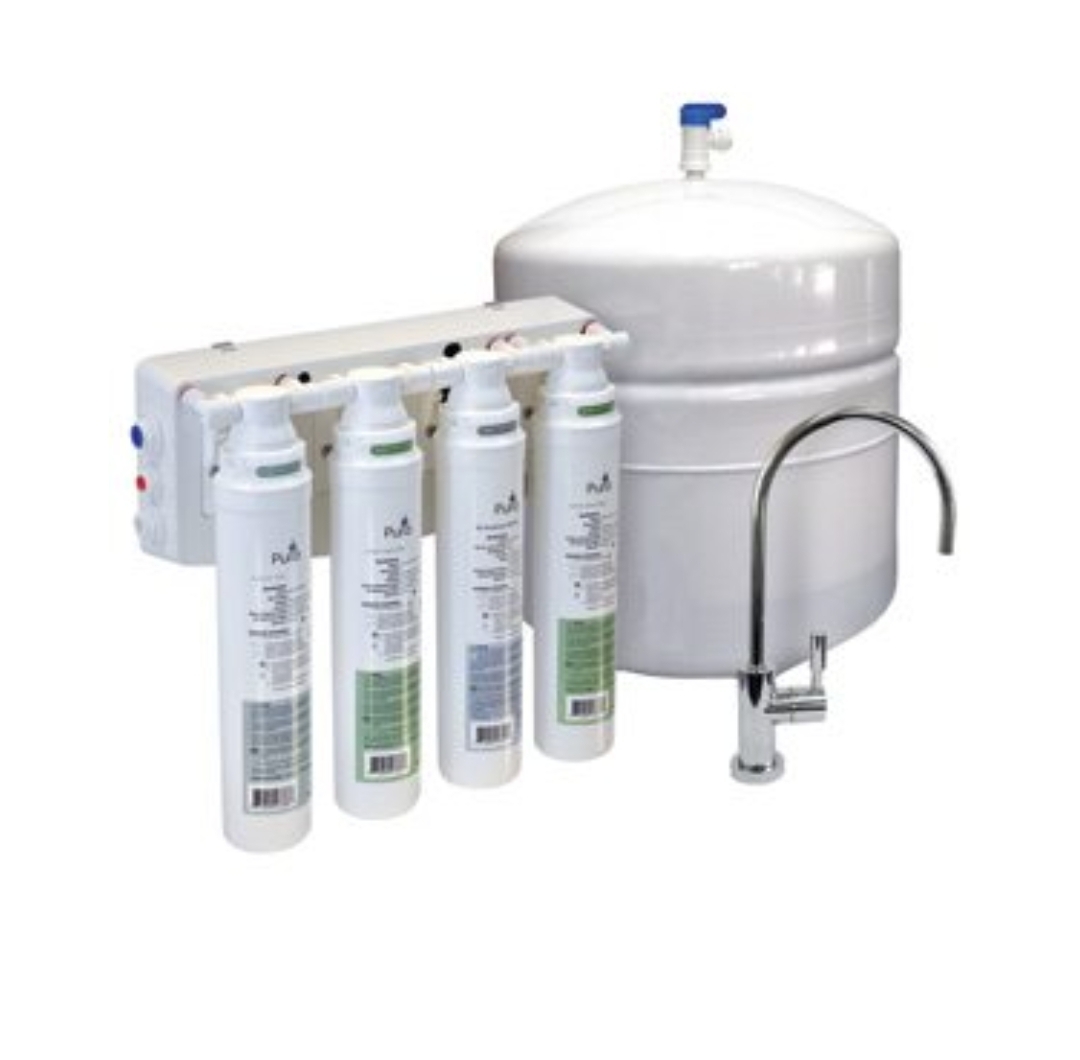


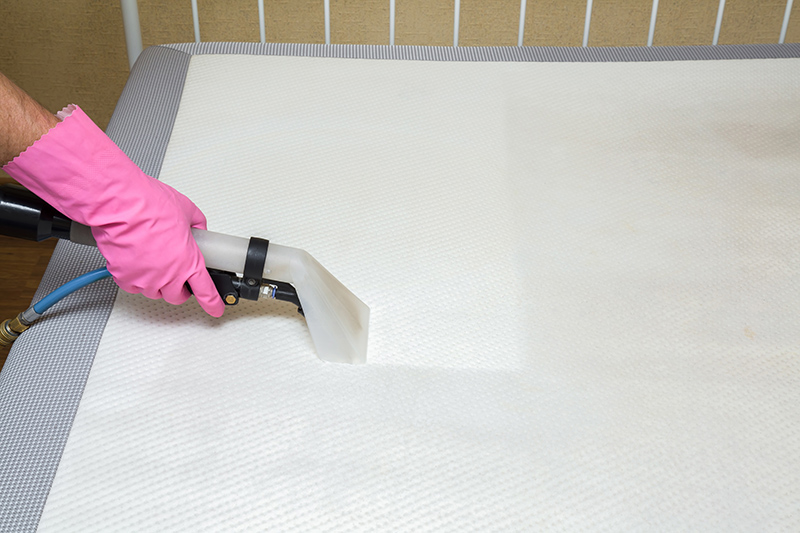
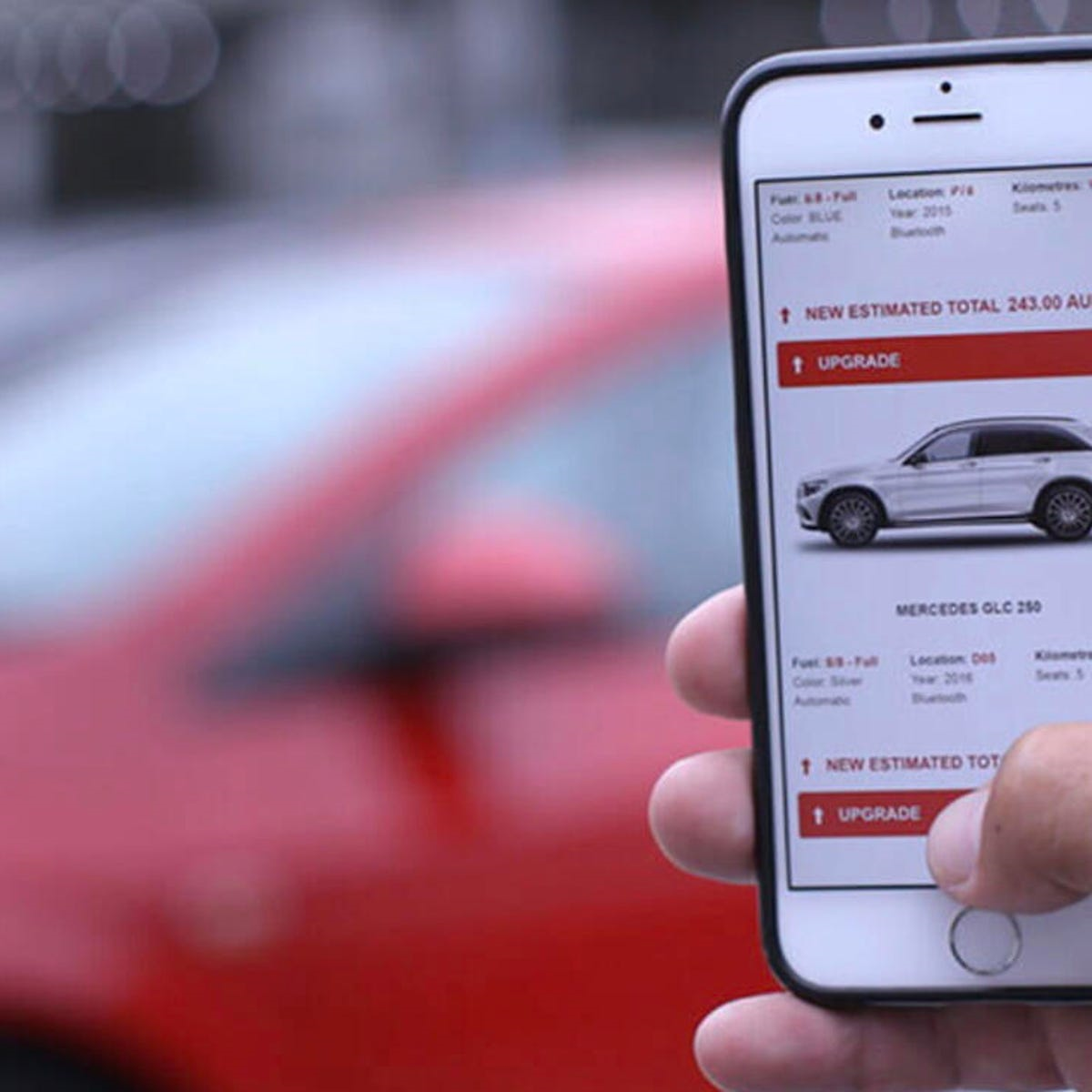

Leave a Reply